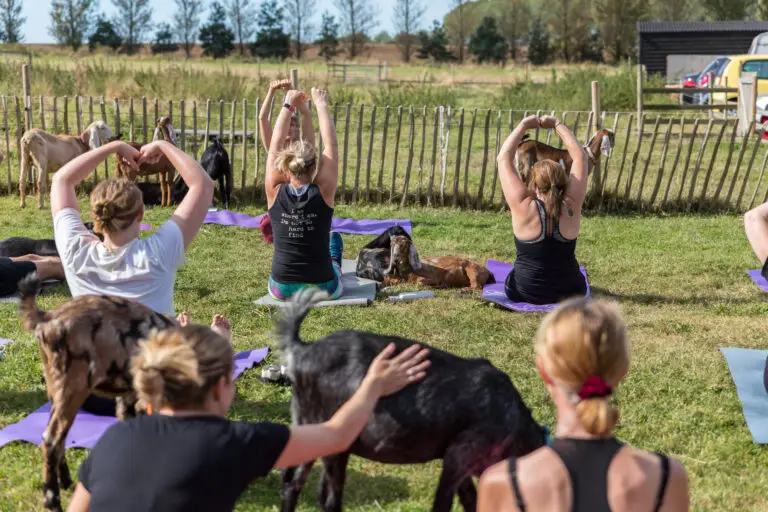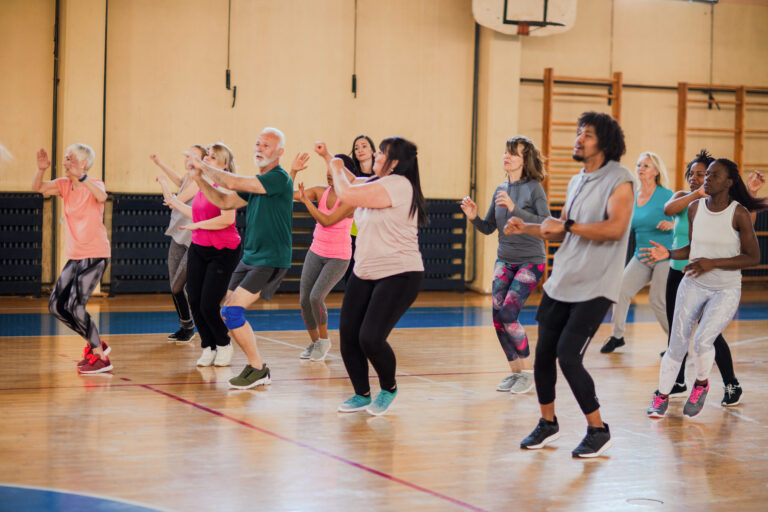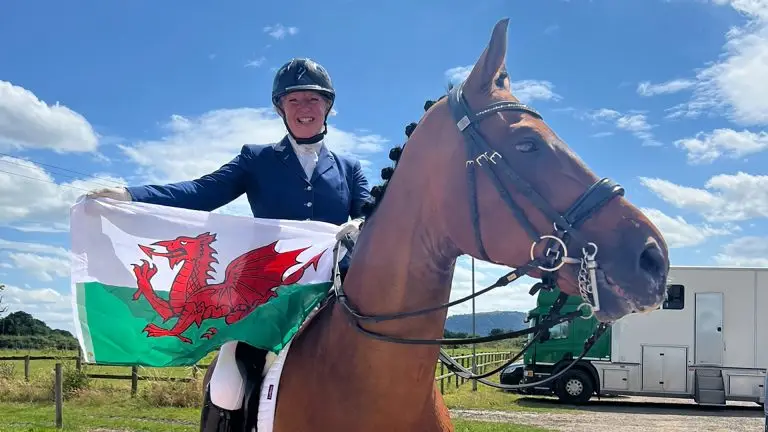Esports – beyond the gaming chair
How does this booming new industry connect with the sport and physical activity sector? We take a look at how the virtual sports world is creating career opportunities and inspiration that the ‘real-world’ sector can learn from.

Esports, short for electronic sports, is the competitive playing of video games, with players pitted against each other rather than the computer itself. Although the amateur level has long been enjoyed by many, esports have come into their own at a professional level over recent years.
Over the past decade, it has grown from a niche pastime into a billion-pound global industry, attracting millions of players, fans and investors worldwide. In 2023, the global esports market was valued at approximately £1.3 billion, with projections estimating it will surpass £2 billion in 2025.
The UK is no exception, with a rapidly expanding esports scene that offers a range of career and learning opportunities for those passionate about gaming, technology and sport.
What are Esports?
Esports involve organised, multiplayer video game competitions, often played at a professional level.
Players can compete as individuals or in teams, and use PCs, gaming consoles or mobile devices to participate depending on the game. Games such as FIFA, F1, NBA 2K, NFL are among some of the most popular esports ‘sport’ titles.
Spectating plays a major role in the professional events. Tournaments are held both online and in physical arenas, with top players competing in front of a live audience for significant prize money, sponsorships and global recognition. Championships can attract over 5 million viewers at their peak, which highlights the scale of the industry. Major esports events are streamed live to millions of fans via platforms like Twitch, YouTube and Facebook Gaming.
The relationship between esports and the physical sports industry
Esports have a growing connection with traditional sports, with many physical sports clubs and organisations investing in competitive gaming. Football clubs such as Manchester City, West Ham United and Wolverhampton Wanderers have established professional esports teams competing in FIFA and other games. Formula 1 teams, including McLaren and Red Bull Racing, have also embraced esports through the F1 Esports Series, providing a pathway for simulator racers to transition into real motorsports.
Many principles from traditional sports, such as teamwork, strategy, fitness and mental resilience also apply to esports. Players follow structured training schedules, similar to professional athletes, with a focus on reflex training, hand-eye coordination and mental endurance. Some studies have even highlighted the cognitive and strategic benefits of esports, demonstrating parallels between gaming and conventional sports.
Collaboration between the esports and physical sports industries have led to new career opportunities, such as crossover coaching roles, sports psychology for esports athletes and event management partnerships between esports and traditional sports leagues.
Career opportunities in esports
Just like the physical sports industry, the esports industry extends far beyond professional players. Many roles contribute to its success, providing diverse career paths for those interested in gaming, business, media and technology. Here are just some of the emerging career opportunities in esports:
Professional player
Competing at the highest level in tournaments requires dedication, strategy, teamwork, and excellent reflexes. Earnings come from tournament winnings, sponsorships, and streaming.
Coach and analyst
Responsible for developing strategies and improving team performance by analysing gameplay to enhance skills and tactics. This usually requires experience as a former professional player.
Esports event manager
Dedicated to organising and managing tournaments, leagues and live events, this role requires the same skills as mainstream event management, including logistics, marketing and sponsorship coordination. The ESL UK office manages large-scale esports events, including the ESL Premiership for UK-based teams.
‘Shoutcaster’ and commentator
Providing live commentary and analysis during matches requires in-depth game knowledge, a strong voice, and engaging presentation skills.
Game developer and designer
Roles include programming, graphic design and user experience testing.
Marketing and social media manager
Managing the online presence of teams, events and brands requires expertise in digital marketing, content creation and audience engagement.
Esports journalist
Writing for online publications, magazines and blogs about the latest news, trends and events taking place in esports.
Esports lawyer and agent
Like their physical sports counterparts, managing contracts, sponsorships, and legal issues requires expertise in sports and entertainment law.
Learning and training opportunities
For anyone looking to enter the esports industry, there are several education and training pathways available in the UK.
Degrees
Several UK universities now offer esports-related degree programmes, covering topics such as event management, business, media production and game development.
College courses
Further education colleges are starting to provide esports courses that prepare students for industry careers. Loughborough College, CIMSPA’s National Further Education Partner offers the BTEC Level 2 and Level 3 in Esports, Enterprise and Entrepreneurship.
The growth and levels of engagement of students engaged in esports is significant. Over 65% of further education colleges actively competing in weekly fixtures, the Student Champs continues to be a cornerstone of educational esports development in the UK.
“We are incredibly proud of every student and team participating in this year’s Student Champs. The growth in participation, level of competition and dedication shown by these young athletes exemplify the power of esports in developing crucial life skills. The finals are not just about crowning champions; they are a celebration of talent, teamwork and the thriving grassroots esports ecosystem we continue to champion here in the UK.”
Chester King, President of British Esports, the national body for esports in the UK
Apprenticeships and internships
Some companies offer apprenticeships in areas like digital marketing, content creation and event management related to esports. There’s more detail on different career pathways in esports available from British Esports.
What does the future hold?
The future of esports is interesting, particularly when it comes to careers within the industry. As competitive gaming continues to grow in popularity, so too do the opportunities for players, coaches, analysts and broadcasters.
Beyond these ‘traditional’ roles, esports is creating demand for professionals in event management, marketing, cybersecurity, and sports psychology. With advancements in technology, such as virtual reality and AI, the industry is set to evolve further, opening up new career paths which could be a route into the physical sport and physical activity sector.
As educational institutions and businesses increasingly recognise esports as a legitimate sector, more structured pathways into sustainable and careers will follow.










